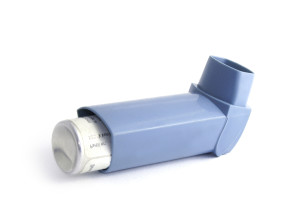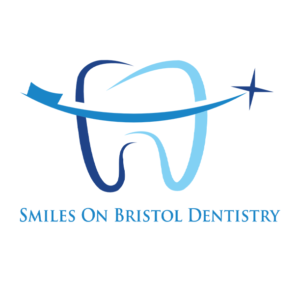[sgmb id=”1″ customimageurl=”” ]
Asthma
Asthma is a condition that affects a person’s airways, which are also called breathing tubes or bronchial tubes. For most people, breathing is simple. They breathe in through their noses or mouths and the air goes into the windpipe. From there, it travels through the airways and into the lungs. But for people with asthma, breathing can be a lot more difficult because their airways are very sensitive. An asthma flare up, which some people call an asthma attack or episode, happens when a person’s airways get swollen and narrower and it becomes a lot harder for air to get in and out of the lungs. In between flare-ups, a person breathing can be totally normal or seem that way. But during a flare-up, it can feel like the person is breathing through a straw. A person with asthma may wheeze (a whistling sound when he or she breathes), cough, and feel tightness in the chest. An asthma flare-up can get worse and worse if the person doesn’t use asthma medicine. After an asthma flare-up, the airways almost always return to the way they were before, although it can take several days.
So how does asthma affect your oral health? People who have asthma are more than likely to suffer from dry mouth. Having a good amount of saliva in the mouth is important, it helps prevent cavities. Using an inhaler may irritate the back of the mouth and it can cause mouth ulcers or thrush. The medication for asthma can also lead to bad breath, gum disease, or other oral health problems.
Here are a few tips on how to protect your teeth and gums from any oral health problems related to asthma. Drink plenty of water to avoid having dry mouth and to stop any bacteria from forming after using your inhaler. Limit yourself from sugary foods to lower your chance of developing dental cavities. Avoid smoking to help prevent any periodontal disease. The most important tip is to brush and floss regularly, you can use toothpaste that helps with dry mouth. If you are scheduled for a dental appointment make sure to bring your dental inhaler to your appointment with you.
Not every person’s asthma is the same, some asthma flare-ups can be cause by allergies and other can be cause by anxiety. People who have asthma should try to avoid things that can cause their airways to tighten. For many people visiting the dental office can cause anxiety. Scheduling early appointments or weekend appointments to prevent any asthma flare-ups might help. Avoid caffeine if you are visiting your dental office, caffeine can intensify anxiety. Many people know when they are beginning to have a flare up, if this is the case try to alert the dentist as soon as possible. Dental offices should be equipped with an asthma inhaler. If you have any questions regarding asthma and your oral health please contact your dentist in Santa Ana Dr. Danial Kalantari or your friendly staff of Smiles on Bristol Dentistry.Contact Us


